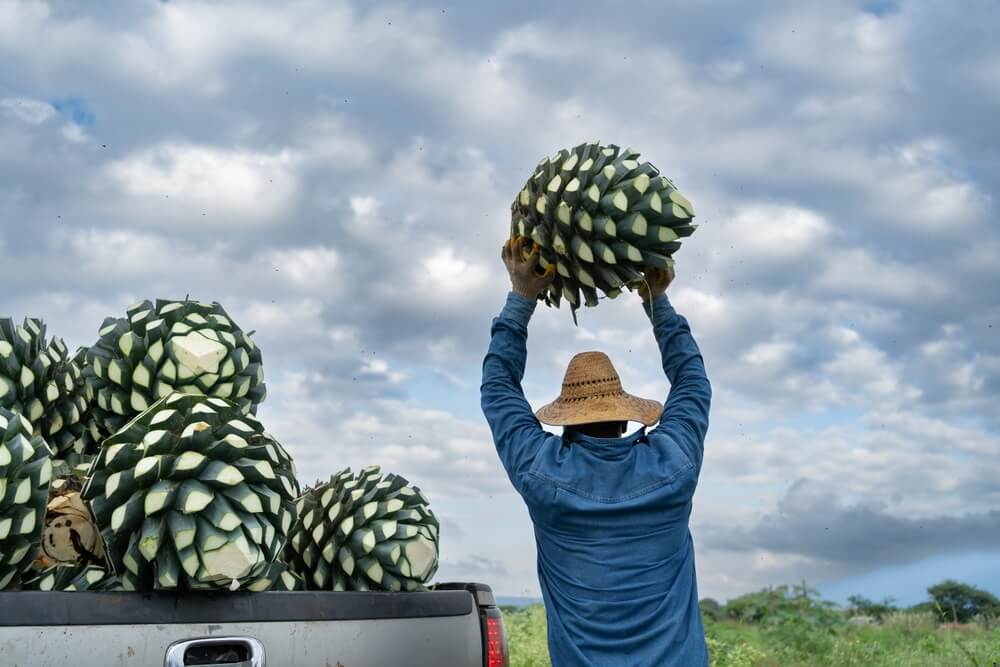ImpactAlpha, Sept. 20 – Among alternative investments, real estate and real assets have been prized for both yield and appreciation.
Then came “sustainable real assets” which layered in premiums (or in some cases, subsidies) for benefits like organic certification, conservation easements and, more recently, carbon credits.
Now comes “climate-resilient sustainable real assets,” for investors eyeing inescapable trends like resource scarcity, supply-chain disruptions and regional food insecurity. The emphasis on climate resiliency recognizes that timberlands are burning across the West; droughts and floods are ruining croplands from California to the Mississippi. Food and fiber production is the biggest source of water pollution and responsible for one-seventh of all greenhouse gas emissions.
“We’ve been realizing over the last 10 years that these assets are being exposed to more and more climate risk,” Alder Point Capital Management’s Chris Larson, a longtime real assets investor at New Island Capital, tells ImpactAlpha. “Our ability as a society to continue producing sustainable food and fiber is being called into question in a lot of regions in the United States and globally.”
Alder Point, formed with two other New Island veterans, is seeking to raise a $200 million fund, offering investors access to “high-quality U.S. sustainable real assets, with an emphasis on income yield, decarbonization, and, of increasing importance, climate resilience,” Larson said in announcing the fund. Alder Point is based in Louisville, Colo., near Denver.
That means selecting for climate-resilient assets in climate resilient regions, such as the Pacific Northwest, where Alder Point is looking at both forestry and permanent crops like organic hazelnuts, blueberries and cranberries. In the Upper Midwest and across Pennsylvania and New York, the firm is supporting organic production, both of staples like corn and soybeans and niche, specialty crops. Alder Point’s strategy also requires finding good operators and making improvements to operations.
“Even in these relatively climate-resilient regions, there’s a lot of adaptation and resilience investment that we need to make in order to ensure that we can still grow enough food in this country,” Larson said. For example, he said, “We’re really excited about continuing to drive on farm electrification, pulling out diesel water pumps and replacing them with highly efficient electric energy pumps, that sort of thing.”
The fund is riding a wave of farm innovation. Last month, Agriculture Secretary Tom Vilsack announced the first $2.8 billion in investments in 70 projects under the Partnerships for Climate-Smart Commodities. A second round of investments in smaller projects will be announced later this year.
Community benefits
The fund may further resilience by investing in supply-chain improvements and local capacity like sawmills and food processing plants. It may even make investments in affordable multi-family housing so portfolio enterprises can field a workforce. The company says it is committed to diverse, local ownership to foster inclusive economic opportunity.
“We see it as a way to manage risk, too,” Alder Point’s Jessamine Fitzpatrick said in the interview. “There’s a real risk of being beholden to a small number of residences for your workforce and also a single offtake for your product.”
The founding partners, including managing director Spenser Shadle have been working on the new fund since the beginning of this year. Last month, New Island, the impact investing vehicle for a member of the wealthy Pritzker family, announced that it was winding down its own operations and moving its assets to Grounded Capital.
Despite their experience, the Alder Point partners are considered first-time fund managers, a hurdle they’ll have to overcome before attracting institutional capital.
“We can point to examples in our track record of having done timber investing and ag investing in the Upper Midwest, workforce housing and supply chain investing and so on,” Fitzpatrick said. “These are all things that we’ve done before.”
Another risk Alder Point is managing is the exits. “That’s part of why we’re so obsessed with income” from sustainable production of food or fiber, Larson says. “That’s what is going to open up the buyer pool for these assets on the back end.”
Alder Point can count on the ravages of climate change making truly resilient assets even more valuable. “As we exit properties in the 2030s, we are confident that investors and local operators will want what the Fund seeks to develop,” Larson said in a statement. “Low-carbon, climate-resilient, income-yielding farmland and timberland assets.”











